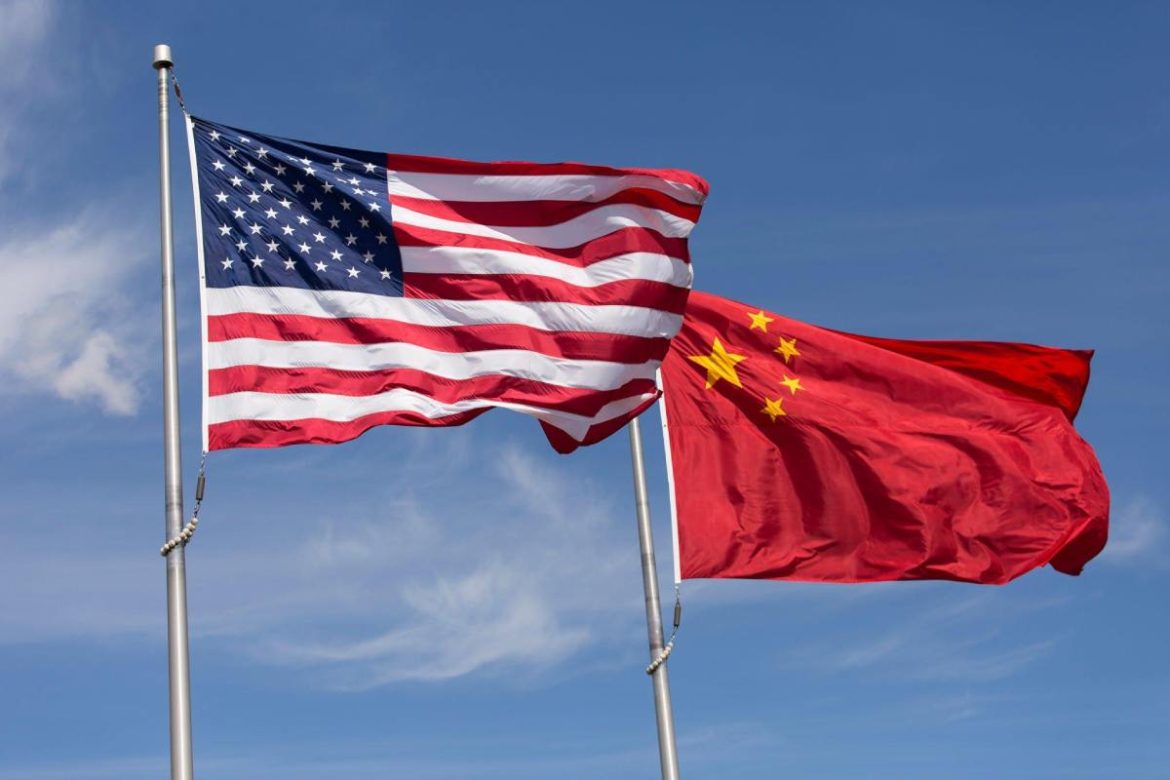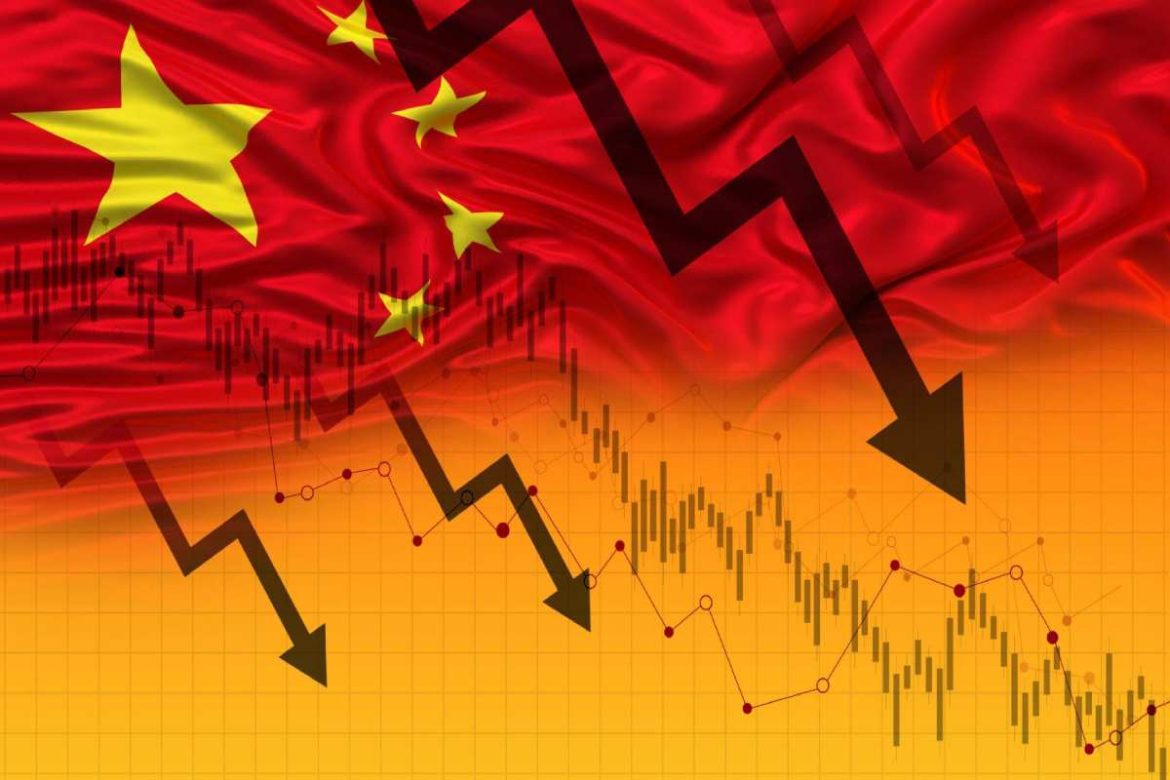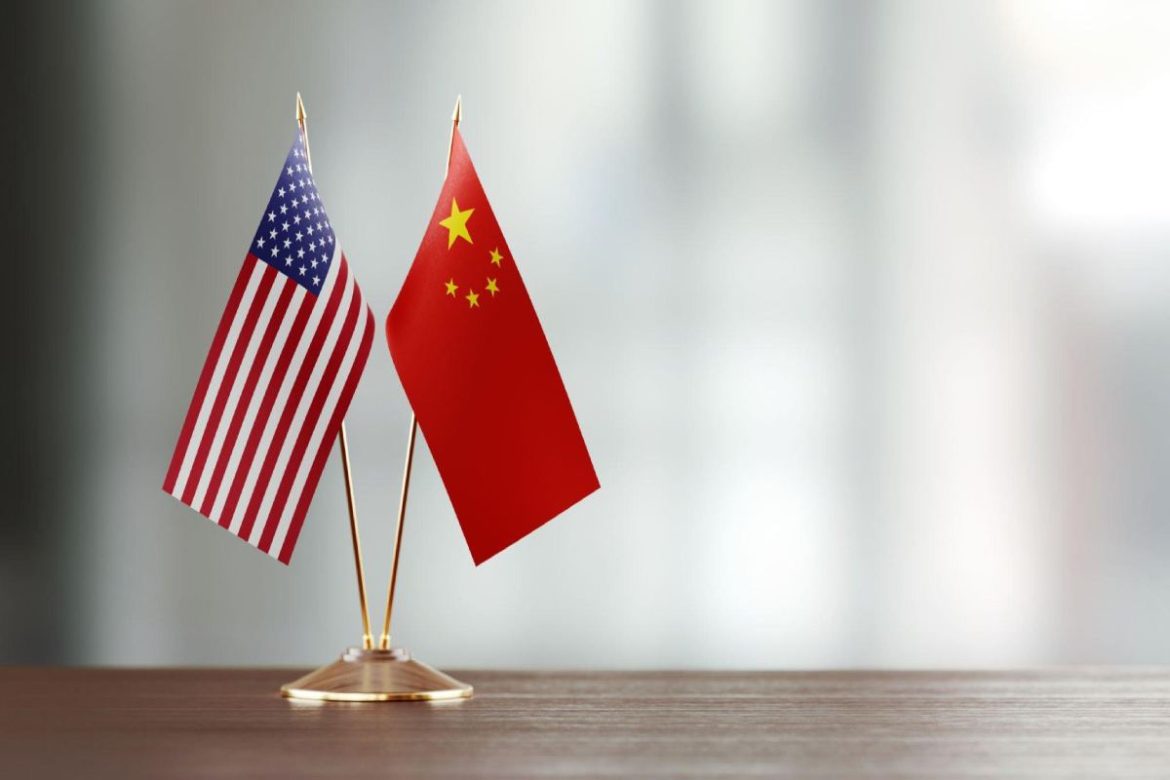A Reduction in the Additional Duty on U.S. Apples
Yes, India has indeed reduced the additional 20% duty on U.S. apples, it signifies a change in the import tariff structure for this specific product. Reduction 20% Duty on U.S. changes in import duties are often made for various reasons, including trade negotiations, economic policies, or international trade agreements.
A Reduction 20% Duty on U.S. Apples can make them more competitive in the Indian market, potentially leading to an increase in their import and availability to consumers in India. This could also benefit U.S. apple exporters who may find it more economically viable to sell their products in India.
It’s important to note that import duty changes can impact various stakeholders in the supply chain, from producers and exporters to importers and consumers. For the most accurate and detailed information on this specific duty reduction and its implications, it’s advisable to refer to official government sources, trade authorities, or news reports that provide insights into the rationale behind this policy change and how it might affect the market dynamics for U.S. apples in India.
India Typically uses Two Types of Import Duties:
Most Favoured Nation (MFN) Duty: This remain the standard import duty rate applied to goods from most countries that have trade agreements with India. It is the baseline duty rate.
Additional Duty: This remain an extra duty applied on top of the MFN duty rate. And it can vary depending on issues such as the country of origin, the type of goods. And any trade agreements or policy changes.
If there have been recent changes to the import duties on U.S. apples. It’s likely related to trade negotiations or policy adjustments made by the Indian government. A Reduction 20% Duty on U.S. Apples changes could involve reducing or increasing the additional duty while maintaining the MFN duty rate.
Continue to Read Here: https://www.indiatvnews.com/business/news/india-reduces-additional-20-pc-duty-on-us-apples-maintains-50-pc-mfn-duty-pm-modi-joe-biden-trade-deal-2023-09-12-892292










